Business
THE WAYS TO NIGERIA’S PRESENT CRIMINAL REVOLUTION. by Chief Bisi Akande,

- (Chairman at the presentation of the book, “Nigeria : the Path We Refused to Take” by Basorun Seinde Arogbofa, in Akure on Tuesday, 25th July, 2017.)
We gather here today to present a book titled “Nigeria: The Path We Refused to Take” by Basorun Seinde Arogbofa. To me, it is a pleasure and a privilege to be asked to chairman this occasion and I have, therefore, chosen to talk, not on the path we refused to take, but on the path of misadventure that led Nigeria to the present ugly crossroads.
The military involvements in politics for twenty-nine years out of Nigeria’s fifty-seven years of independence has drawn back and miniaturized the sense of democracy and good governance among Nigerian political leaders so much that political discussions are no longer issue-based or interesting. This situation becomes very dangerous for the future of our society -particularly among the growing youths on whom the likes of Seinde Arogbofa are labouring so much to restructure intellectually.
A cardinal point in teacher education is that adolescence represents life’s transition when youths want to be like adults but they lack the confidence and the experience of selecting options among changing circumstances and for confronting challenges arising from varying universal problems. Apart from relatively few science students who perform token experiments of knowledge in their science laboratories, all other youths, including those having no advantage of going to school now, in Nigeria, largely find themselves inadvertently doing experiments of their knowledge among the societies of ‘yahoo-yahoo boys’, drug pushers, ‘419 advanced fraudsters’, ‘boko-harams’, ‘badoo ritual killers’ cults’, militant-terrorists, and several other gangs of hoodlums.
This situation of violent criminality and insecurity with the incidences of waves of armed robberies, kidnappings, ritual killings, cattle rustlings, suicide bombings and treasury looting has exerted so much pressures on our security agents that cases like pickpocketing, shoplifting, knife crimes, raping, burglary and other common misdemeanors have totally become trivialised as mere pranks or jokes too insignificant for police attention.
Already, the military that brought those situations to Nigeria have moved back to their barracks. Nigeria is left helplessly choosing newbreed leaders from among the youths who are struggling out, directly or indirectly, from the influence of the various societies of criminal gangs. All other emerging gentleman professionals, who are not in politics, are fast becoming grumblers and self-declared ‘misfits’ in most Nigerian societies, wondering if Nigeria can ever return to its old glories and workable attractions. They, in the meantime, are imagining where would be the place for their own children being presently brought up from elite environments.
The Nigerian newbreed elected and selected leaders, judging from their societal backgrounds described above, find it difficult to be aware that Nigeria is ten years backward in road assets: it has 193,000 kilometers of bad roads instead of 300,000 of well paved roads; it requires not less than one trillion Nara annually to probably catch up by 2025. Some of the newbreed elected leaders do not even appreciate that the 60,000 kilometers of roads that are being claimed to have been paved out of Nigeria’s present 193,000 kilometers of bad roads have already been taken over by pot-holes. Such leaders are crowded in State capitals and Abuja, bluffing the rest of us at our roadless villages with fleets of exotic cars under their control.
These our newbreed psychedelic elected and selected leaders need to listen attentively to the Nigerian Institute of Quantity Surveyors who recently declared that the Nigerian Federal Government alone would need some three trillion naira annually to fix its infrastructural deficits. With the zig-zag production and fluctuating prices of crude oil, these newbreed elected and selected leaders have not convinced themselves as to where this huge money would be found to define Nigeria’s future economic trajectories, but they are constantly and breathlessly battling for constituency project allowances.
The country representative of UNICEF in Nigeria, Mr Muhammed Fall, was reported, recently by Freedom Online media, to have put Nigerian children who are not attending Primary school at 10.5million. At 35 pupils per classroom, 300,000 class rooms and 300,000 additional teachers are needed if their parents can be convinced to send them to schools.
Many of Nigeria’s elected and selected newbreed leaders come from such cultures where sending children to school is abhorred and they remain comfortable with that.
In our days, Western Nigerian parents’ resistance to sending children to school was resolutely battled and degraded by the Obafemi Awolowo administration. Awolowo’s government thoughtfully opened technical schools, schools of agriculture, farm settlements and a marketing board for farm produce price stabilization. By making agriculture very profitable and beneficial for the developments of his people in the West, Awolowo made it so attractive that there was full youth employment. Even at a time, the Nigerian Federal Government was owing Awolowo’s administration in the Western Region a huge debt from the proceeds of farm commodities. That was why demands for revenue allocation by derivations (now being compared with ‘resource control’) was melodious in his political music.
Robert Mugabe was somewhere quoted to have said “How do you convince the upcoming generations that education is the key to success when we are surrounded by poor graduates and rich criminals?” This aptly describes the situation the military’s involvements in politics and the 1999 constitution have hoisted on Nigeria too.
Nigeria began as a controversial state of many nations. The 1999 Constitution is Nigeria’s greatest misadventure since Lugard’s amalgamation of 1914. The constitution puts emphasis on spending rather than making money, thereby intensifying the battles for supremacy between the legislature and the executive while the judiciary is being corruptly tainted and discredited. The constitution breeds and protects corrupt practices and criminal impunities in governance. The 1999 Constitution can never be beneficially reviewed and the ongoing piecemeal adjustments or amendments can only totally blot the essence of national values and accelerate the de-amalgamation of Nigeria. All the angels coming from heavens cannot make that constitution work for the progress of Nigeria. It should only be scrapped as a bad relics of military mentality; and it ought to be temporarily replaced with the 1963 Republican Constitution to enable a transition for the writing of a suitable constitution.
Otherwise, the 1999 constitution would continue to dwarf Nigeria’s economy and stifle the country’s social structure pending a disastrous and catastrophic bankruptcy.
Ladies and gentlemen, the search for a better future has now become a function for every Nigerian because criminal revolution can lead to chaotic revolution over which no one has control.
It is my prayer for us all to fare well on our way out of the country’s present sorry pass.
Bisi Akande
Business
BUA Group Chairman, Abdul Samad Rabiu, Calls for Shift from Extraction to Value Addition at AFC Event during Mining Indaba 2026
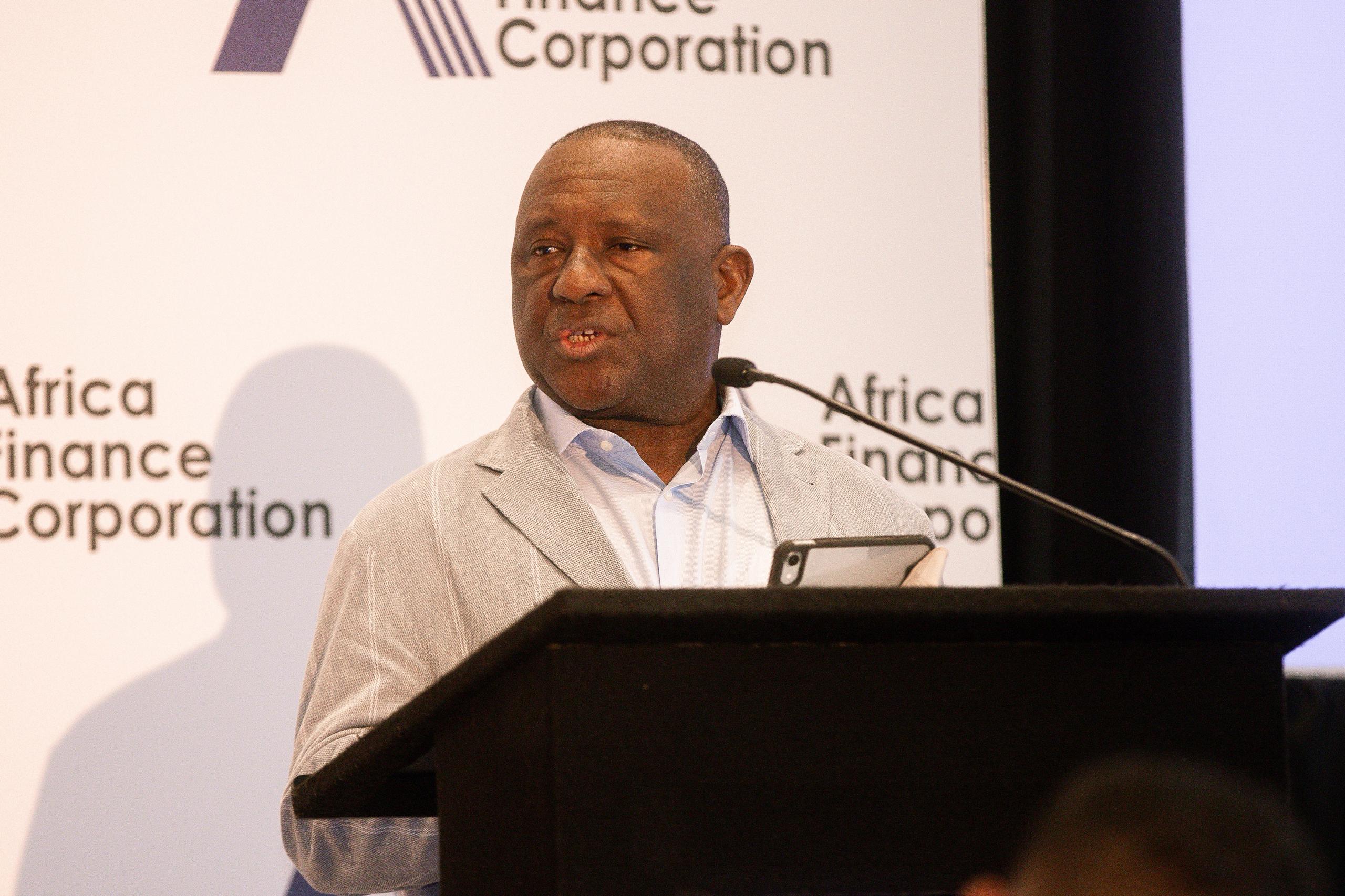
BUA Group Chairman, Abdul Samad Rabiu, Calls for Shift from Extraction to Value Addition at AFC Event during Mining Indaba 2026
Cape Town, South Africa
Founder and Executive Chairman of BUA Group, Abdul Samad Rabiu CFR CON, has called for a decisive shift in Africa’s development strategy, urging governments, financiers, and the private sector to move the continent from raw material extraction to large scale industrial processing and value addition.
Rabiu made the remarks as Special Guest of Honour at an Africa Finance Corporation forum during Mining Indaba 2026, where African leaders, policymakers, financiers, and industry executives gathered to discuss the future of mining, industrialisation, and real sector development on the continent.
Commending AFC for its role in mobilising long term capital for Africa’s industrial sectors, Rabiu noted that the institution’s leadership and recent S&P Global rating with a positive outlook underscored the importance of strong development finance institutions in shaping Africa’s growth trajectory.
Drawing from BUA Group’s experience, he recounted the company’s decision over sixteen years ago to transition from cement importation to local production in Nigeria, despite the capital intensity and long gestation periods associated with mining and heavy industry.
“At the time, Nigeria was importing cement despite being richly endowed with limestone,” Rabiu said. “We were spending more time chasing foreign exchange than selling cement. The real question was not whether the resources existed, but whether there was enough conviction to stop importing and start producing locally.”
Today, he noted, BUA mines and processes about forty thousand tonnes of limestone daily, producing roughly one million tonnes of cement every month. That shift has helped Nigeria move from being a cement importer to a net exporter, saving the country billions of dollars in foreign exchange annually.
Rabiu stressed that such transformation would not have been possible without patient, long term financing from DFIs, particularly the Africa Finance Corporation, which has supported BUA’s cement and industrial operations with over four hundred million dollars in financing.
He added that a significant portion of those facilities has already been repaid, demonstrating that well structured African industrial projects are not only developmental but also commercially viable and recyclable.
Turning to the broader continental picture, Rabiu highlighted what he described as a structural paradox: Africa remains one of the world’s most resource rich regions, yet exports the bulk of its minerals and agricultural produce in raw or minimally processed form.
He cited examples across gold, cobalt, copper, iron ore, diamonds, and cocoa, noting that while Africa supplies much of the world’s raw inputs, it captures only a fraction of the value created downstream.
“Africa does not lack resources,” he said. “What it lacks is processing capacity, industrial scale, and disciplined execution.”
He argued that the same challenge extends beyond mining into agriculture, where Africa holds a majority of the world’s arable land yet continues to import billions of dollars’ worth of food annually.
Rabiu called for coordinated action among governments, DFIs, and the private sector, urging DFIs to scale long term financing targeted at beneficiation and industrial value chains, while governments adopt deliberate policies that incentivise local processing and invest in power, transport, and industrial infrastructure.
“Industrialisation does not happen by accident,” he said. “Countries that industrialised did so by design, not by chance. Africa must do the same.”
He concluded by stressing that Africa’s opportunity lies in aligning private enterprise, patient capital, and supportive policy to move the continent from extraction to transformation, and from potential to shared prosperity.
Business
Adron Homes Celebrates 14 Years of Excellence, Reaffirms Commitment to Affordable Housing and Sustainable Communities
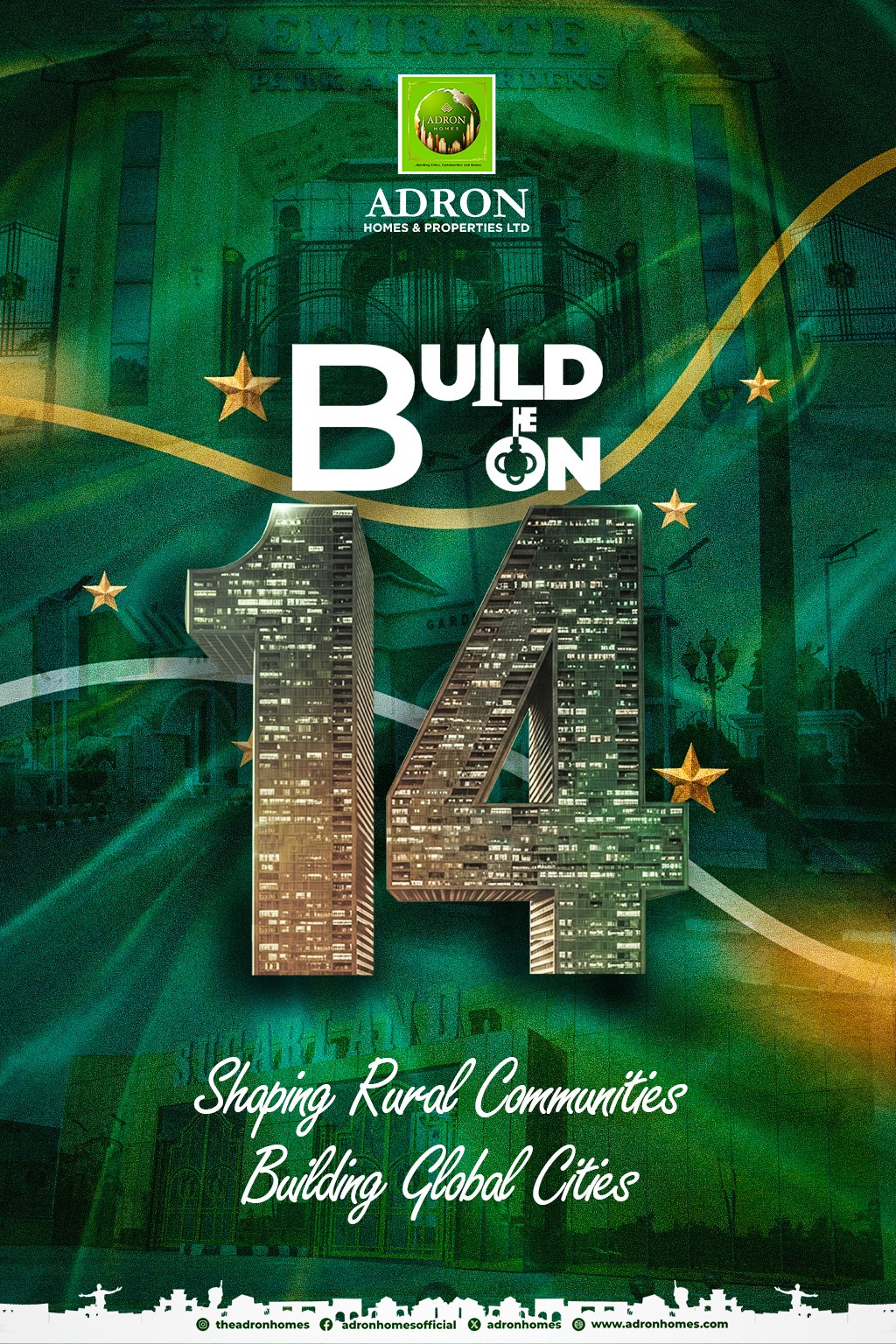
Adron Homes Celebrates 14 Years of Excellence, Reaffirms Commitment to Affordable Housing and Sustainable Communities
Adron Homes and Properties Limited, a leading player in Nigeria’s real estate industry, proudly celebrates its 14th Anniversary, marking over a decade of transformative impact in affordable housing delivery, sustainable community development, and structured urban growth across the country.
Over the last fourteen years, Adron Homes has evolved into a nationally recognised real estate powerhouse, delivering over 60 livable estates and communities across Nigeria and enabling more than 100,000 Nigerians to achieve their property ownership dreams. With strategic developments spanning Ibeju Lekki, Lekki-Epe, Badagry, Shimawa, Papalanto, Sagamu, Abeokuta, Ibadan, Osun, Ekiti, Abuja, Nasarawa, Niger State, and other emerging urban corridors, the company continues to reshape access to land and housing through affordability, innovation, and long-term planning.
Speaking on the milestone, the Chairman/CEO of Adron Group, Aare Adetola Emmanuelking, described the anniversary as a celebration of vision, resilience, and unwavering commitment to empowering Nigerians through property ownership.
“Fourteen years ago, we set out with a clear vision to make property ownership accessible and achievable for every hardworking Nigerian. Today, we celebrate not only the growth of Adron Homes but the countless families whose dreams have become reality through our communities. Our journey has always been about impact, empowerment, and building environments where people can truly thrive.”
Highlighting the company’s philosophy of developing structured environments rather than just selling land, the Chairman emphasised Adron Homes’ focus on sustainable urban planning and community building.
“At Adron Homes, we build cities, not just estates. Each development reflects thoughtful planning, infrastructure, accessibility, and a long-term vision for modern living. As Nigeria continues to urbanise rapidly, our mission is to ensure that growth is inclusive, structured, and sustainable.”
Aare Adetola Emmanuelking also acknowledged the role of customers, staff, stakeholders, and media partners in the company’s sustained growth and national relevance.
“This milestone is a testament to the trust of our customers, the dedication of our workforce, and the unwavering support of our partners and stakeholders. Together, we have demonstrated that affordable housing can be delivered with quality, innovation, and integrity.”
Looking ahead, Adron Homes reaffirmed its commitment to expanding mass housing solutions, embracing technology-driven real estate innovations, and strengthening partnerships that contribute to Nigeria’s economic development and housing accessibility.
“The future of Adron Homes is defined by innovation, expansion, and deeper community impact. We remain committed to democratizing property ownership, building sustainable communities, and shaping the future of real estate in Nigeria for generations to come.”
As Adron Homes marks 14 years of excellence and national impact, the company continues to position itself as a catalyst for structured urban development and a trusted partner in the realization of property dreams across Nigeria.
Business
Adron Homes at 14: From Shimawa to Over 60 Livable Communities, Building Cities Beyond Estates

Adron Homes at 14: From Shimawa to Over 60 Livable Communities, Building Cities Beyond Estates
Fourteen years ago, what began as a visionary real estate development effort in Shimawa, Ogun State, has evolved into one of Nigeria’s most recognizable housing success stories. Today, Adron Homes & Properties stands as a major force in structured urban development, with over 60 livable communities and estate dwellings spread across key regions of the country. Its journey reflects a deliberate mission that is not just to sell land, but to build functional cities where Nigerians can live with dignity, security, and a strong sense of community.
At a time when Nigeria faces rapid urbanization and an ever-growing housing deficit, Adron Homes has embraced an approach rooted in planning and affordability. From its earliest developments, the company adopted a city-building model that integrates structured layouts, accessible infrastructure, and community-focused design. Roads, drainage systems, green areas, and designated social spaces are incorporated into estate planning, transforming empty land into organized residential hubs.
The story of Adron’s growth mirrors Nigeria’s evolving urban landscape. Beginning in Shimawa, the company strategically expanded into major growth corridors, including Lagos, Ogun, Oyo, Osun, Ekiti, Abuja, Nasarawa, Niger, and beyond. Its estates have not only provided shelter but have also influenced the emergence of new residential districts, encouraging organized expansion and helping to reduce the challenges associated with unplanned settlements.
Central to the company’s success is its commitment to affordability. Through flexible payment structures and innovative housing initiatives, Adron Homes has opened the door to homeownership for thousands of Nigerians who previously considered property ownership out of reach. This democratization of housing has empowered families, strengthened communities, and supported economic growth through increased property investment and local business opportunities within estates.
Beyond physical structures, Adron Homes prioritizes community building. Estates are designed as living ecosystems where families interact, children grow in secure environments, and entrepreneurs find opportunities to thrive. The emphasis on social cohesion has helped transform residential spaces into vibrant neighborhoods, reinforcing the idea that housing development should nurture human connection as much as physical infrastructure.
As Nigeria continues to urbanize, Adron Homes’ model demonstrates that real estate development can be both commercially viable and socially impactful. Its projects serve as reference points for emerging residential corridors, attracting further investment and setting standards for organized development across multiple regions.
Celebrating fourteen years of growth and innovation, Adron Homes remains committed to shaping Nigeria’s urban future through sustainable planning, inclusive housing solutions, and community-driven development. From its humble beginnings in Shimawa to a nationwide network of livable communities, the company’s journey stands as a testament to the power of vision, resilience, and a steadfast belief that cities are built not just with structures, but with people at their heart.
-

 celebrity radar - gossips6 months ago
celebrity radar - gossips6 months agoWhy Babangida’s Hilltop Home Became Nigeria’s Political “Mecca”
-

 society6 months ago
society6 months agoPower is a Loan, Not a Possession: The Sacred Duty of Planting People
-

 news6 months ago
news6 months agoTHE APPOINTMENT OF WASIU AYINDE BY THE FEDERAL GOVERNMENT AS AN AMBASSADOR SOUNDS EMBARRASSING
-

 Business6 months ago
Business6 months agoBatsumi Travel CEO Lisa Sebogodi Wins Prestigious Africa Travel 100 Women Award









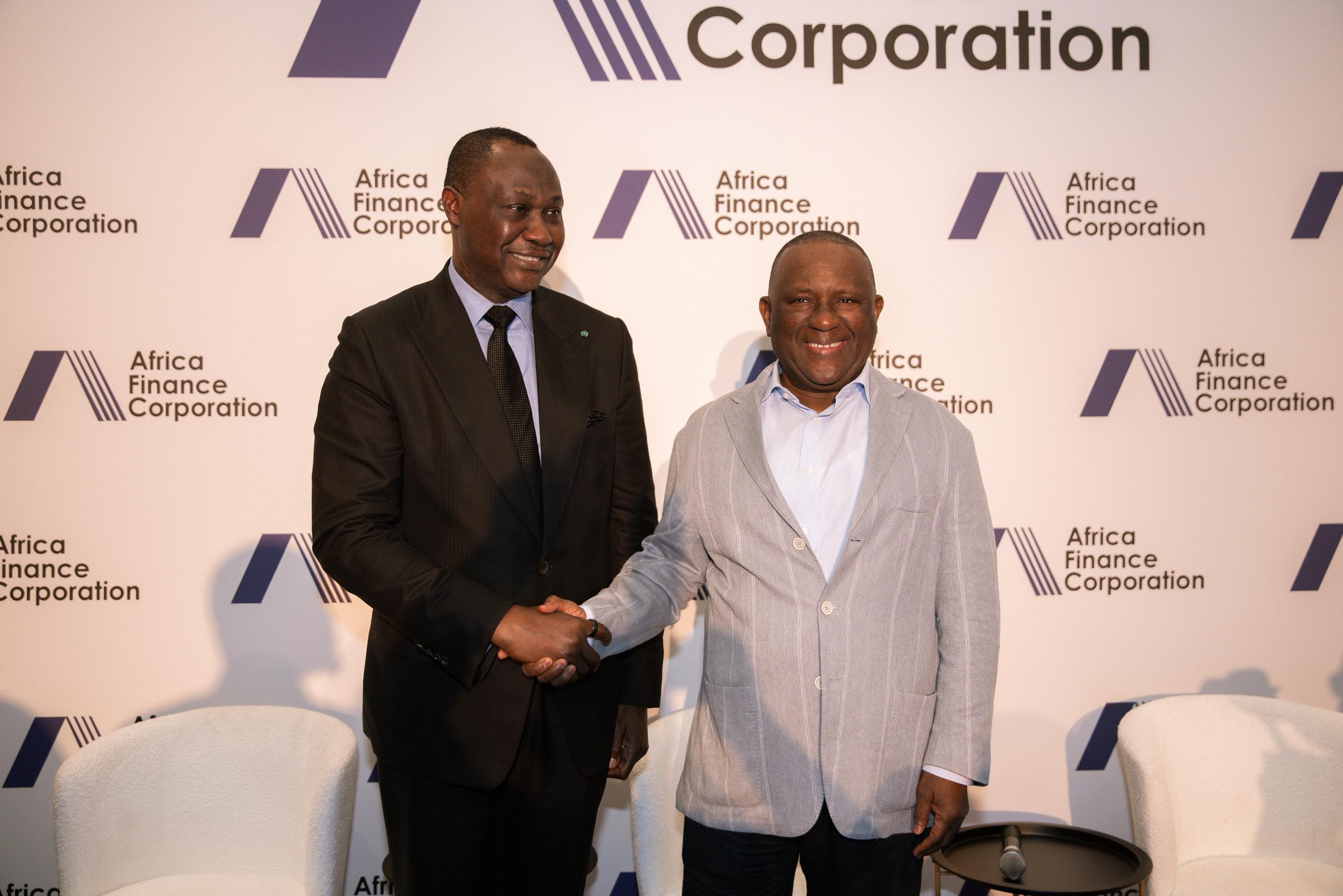
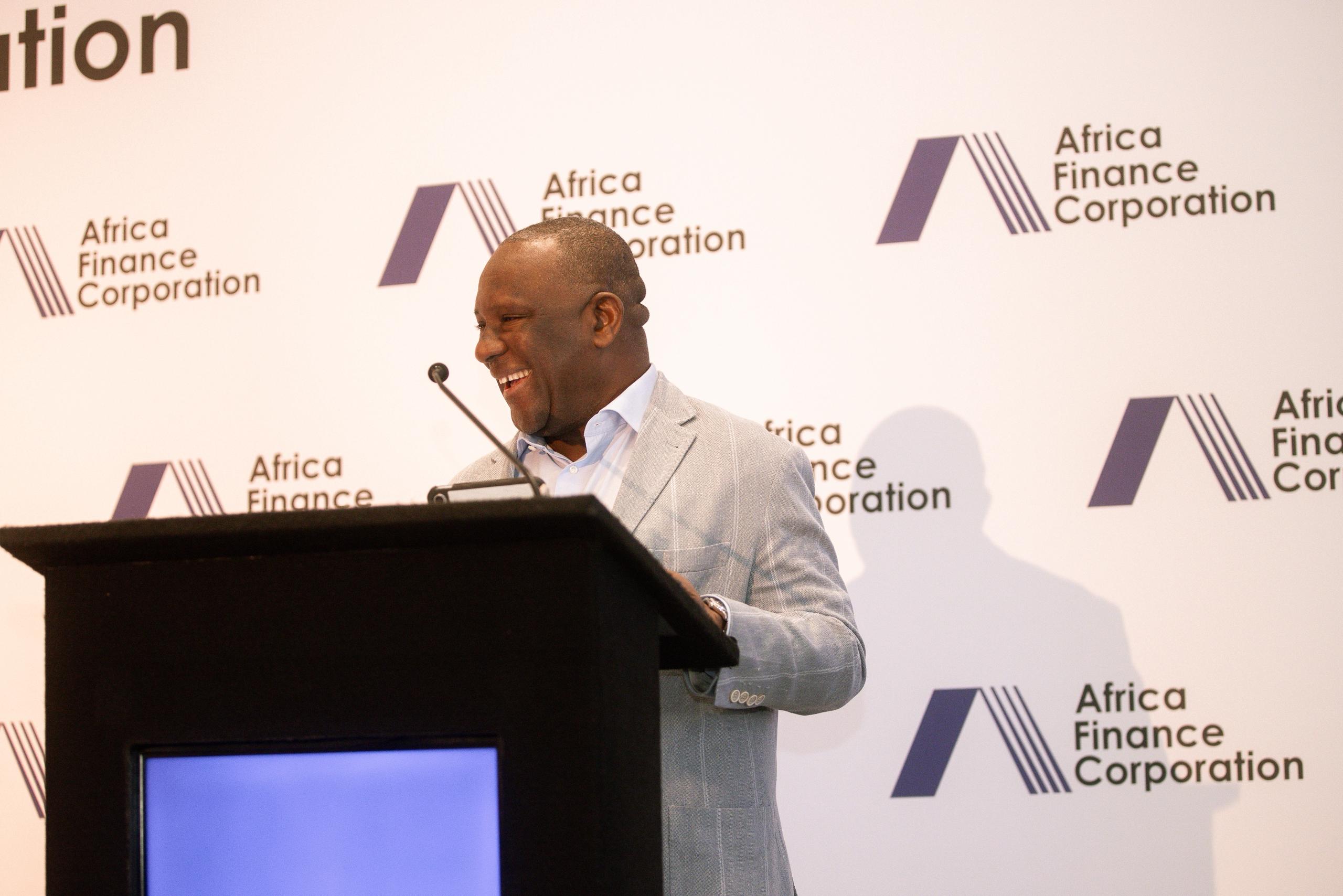
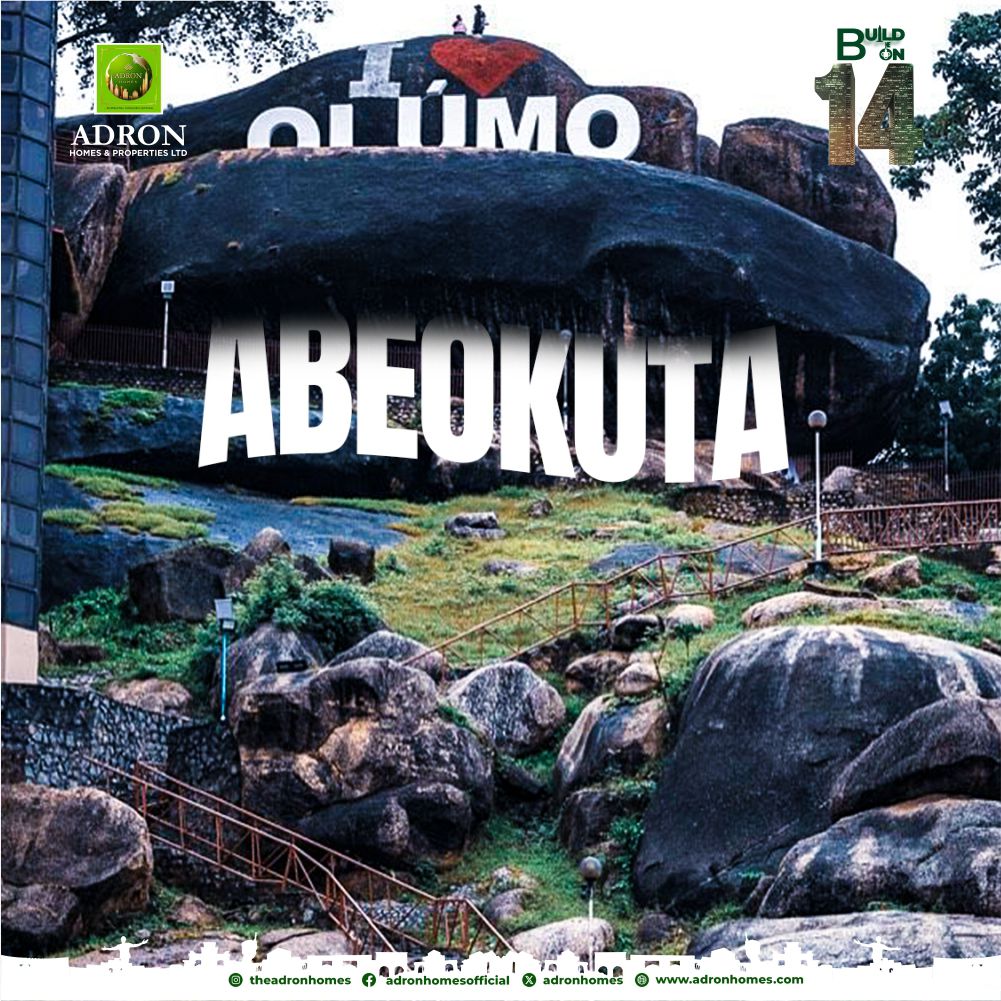
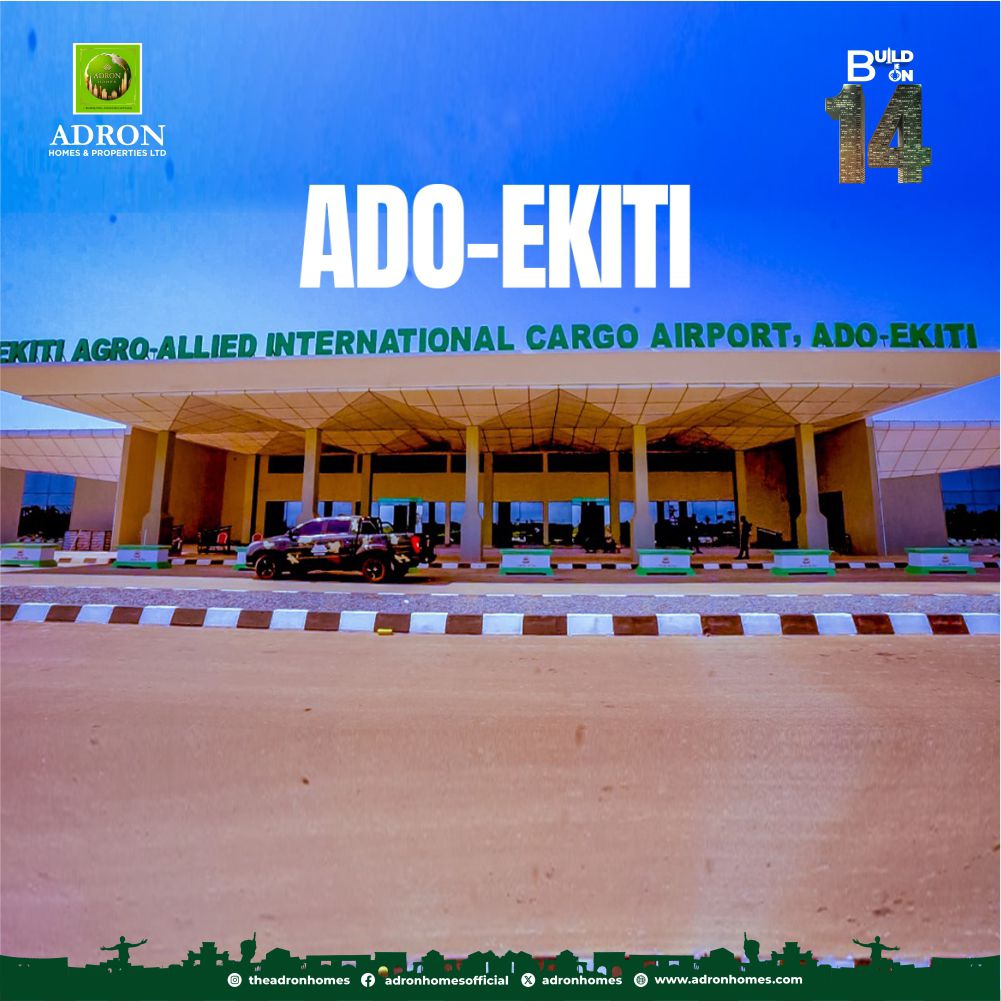
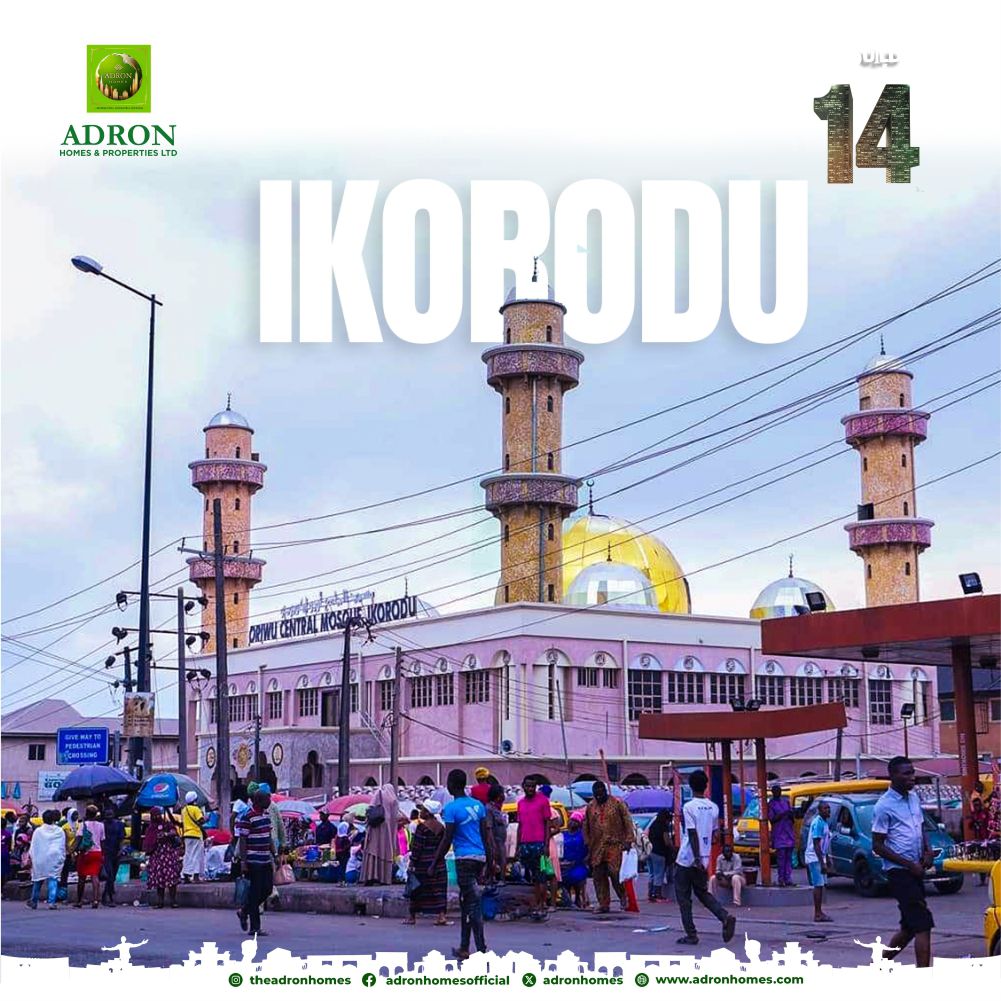
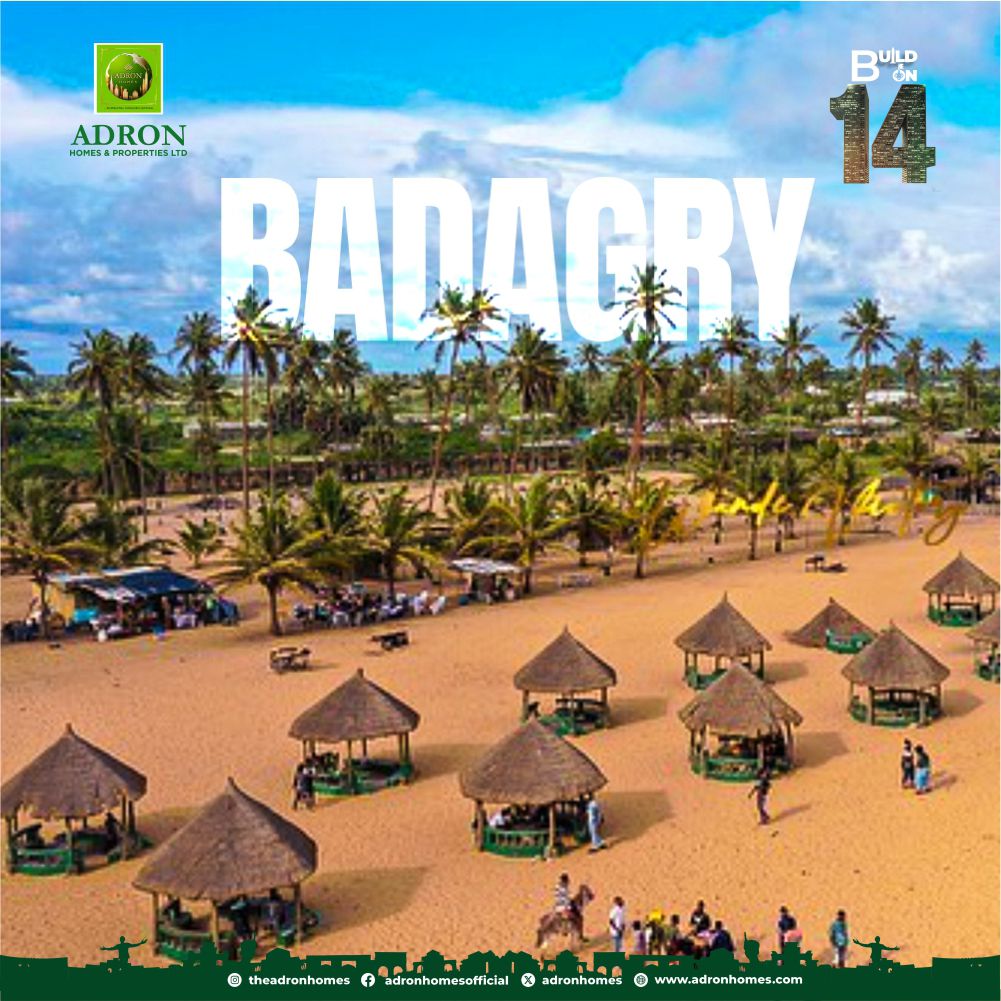
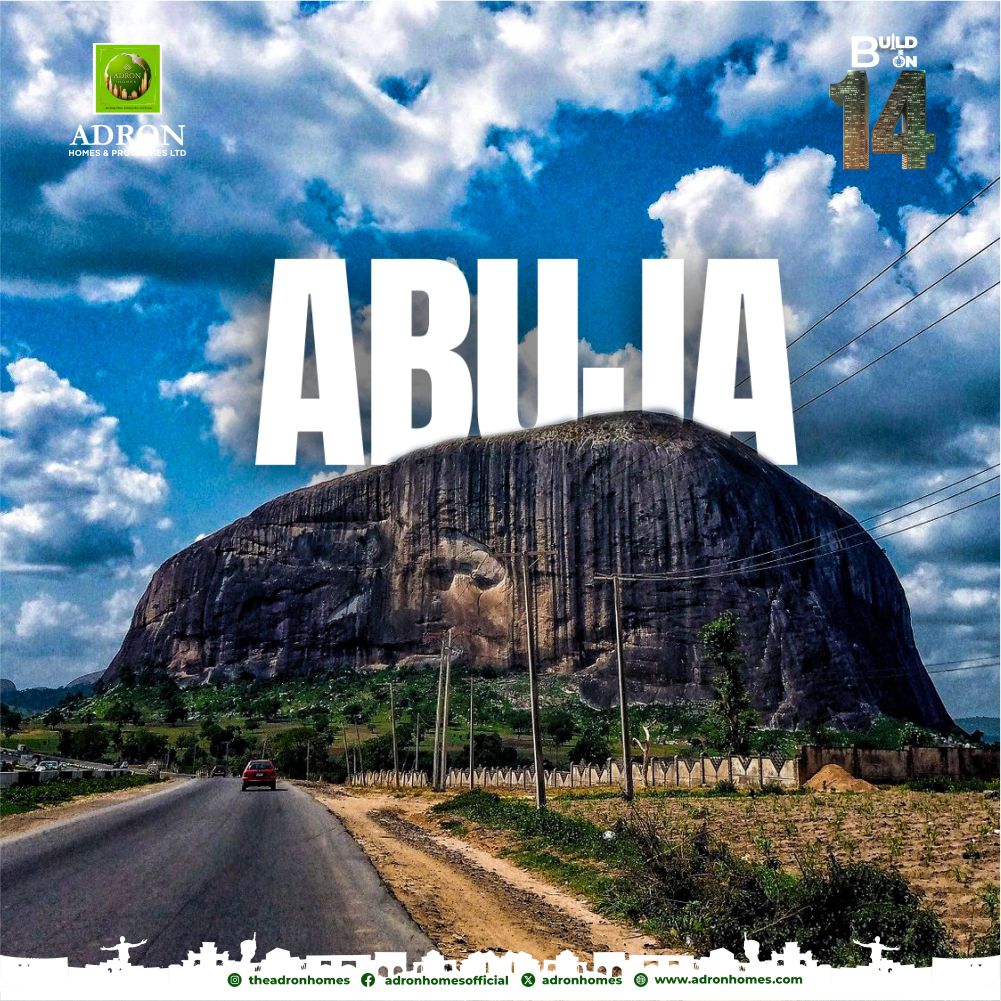
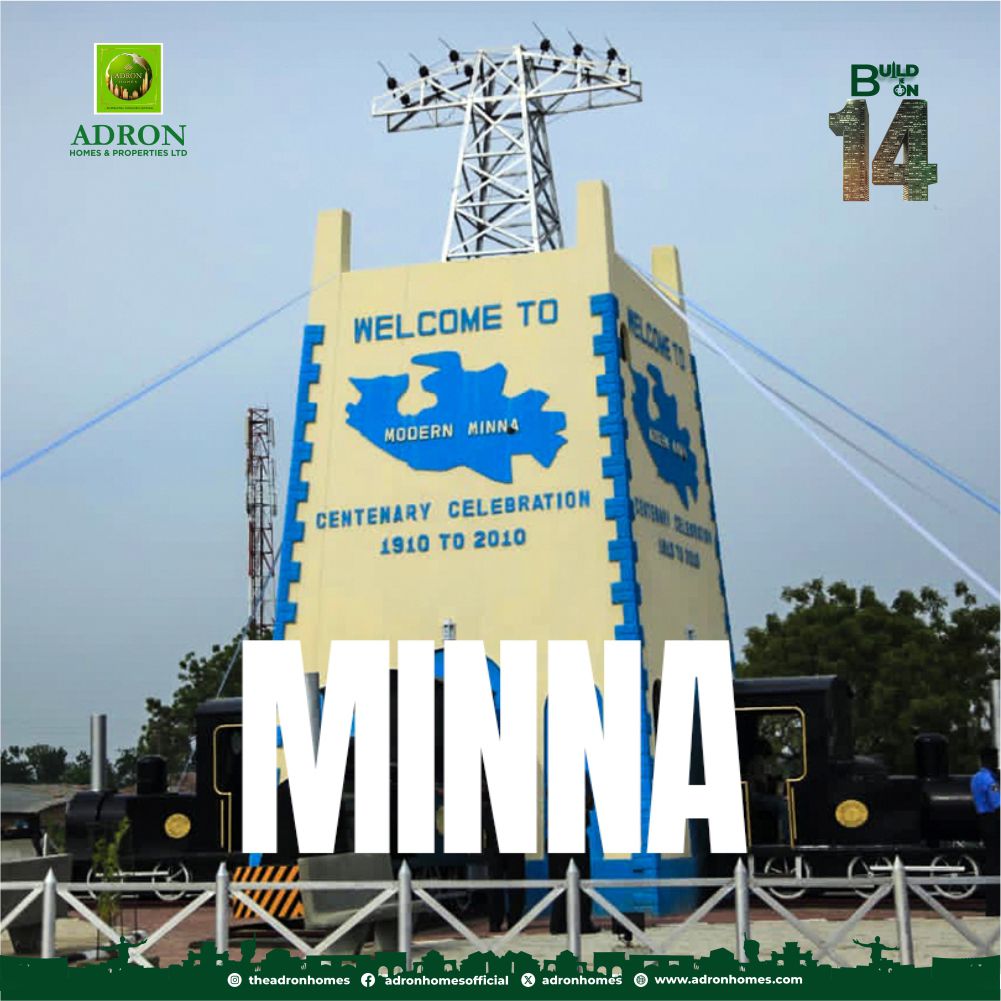
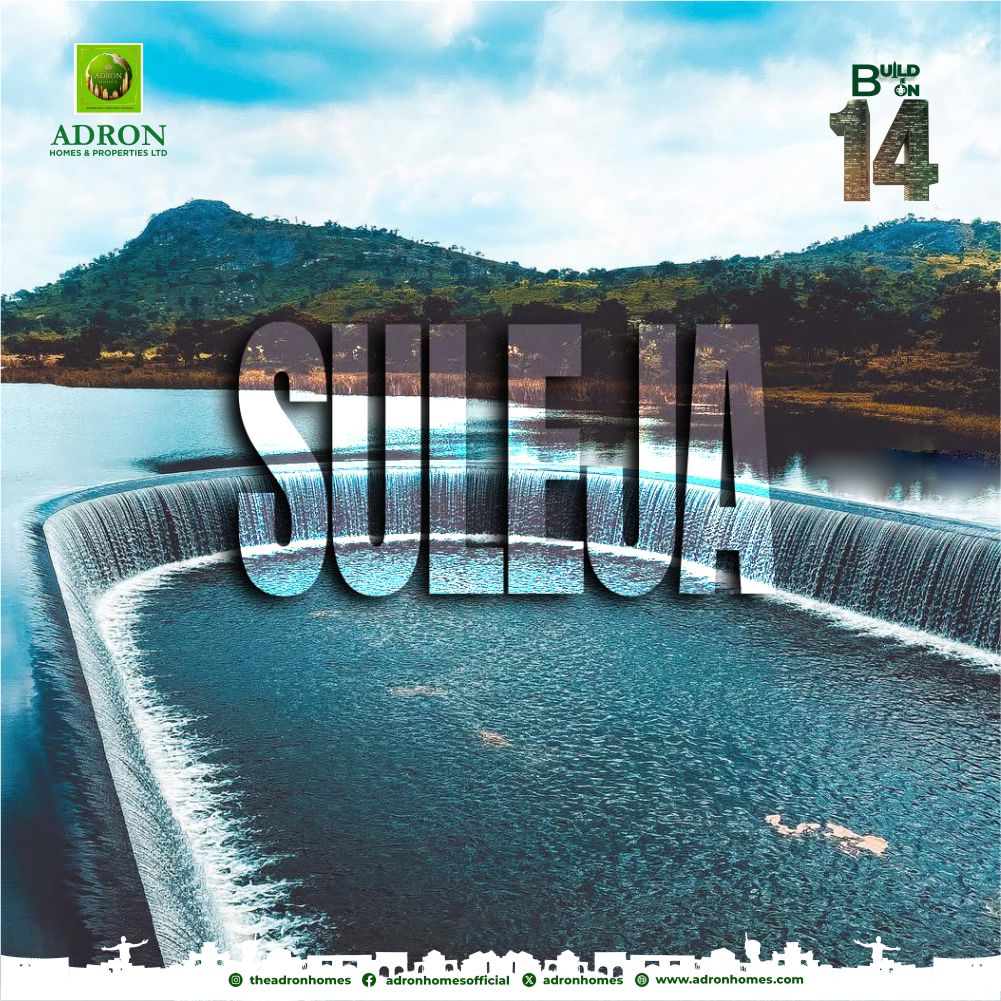
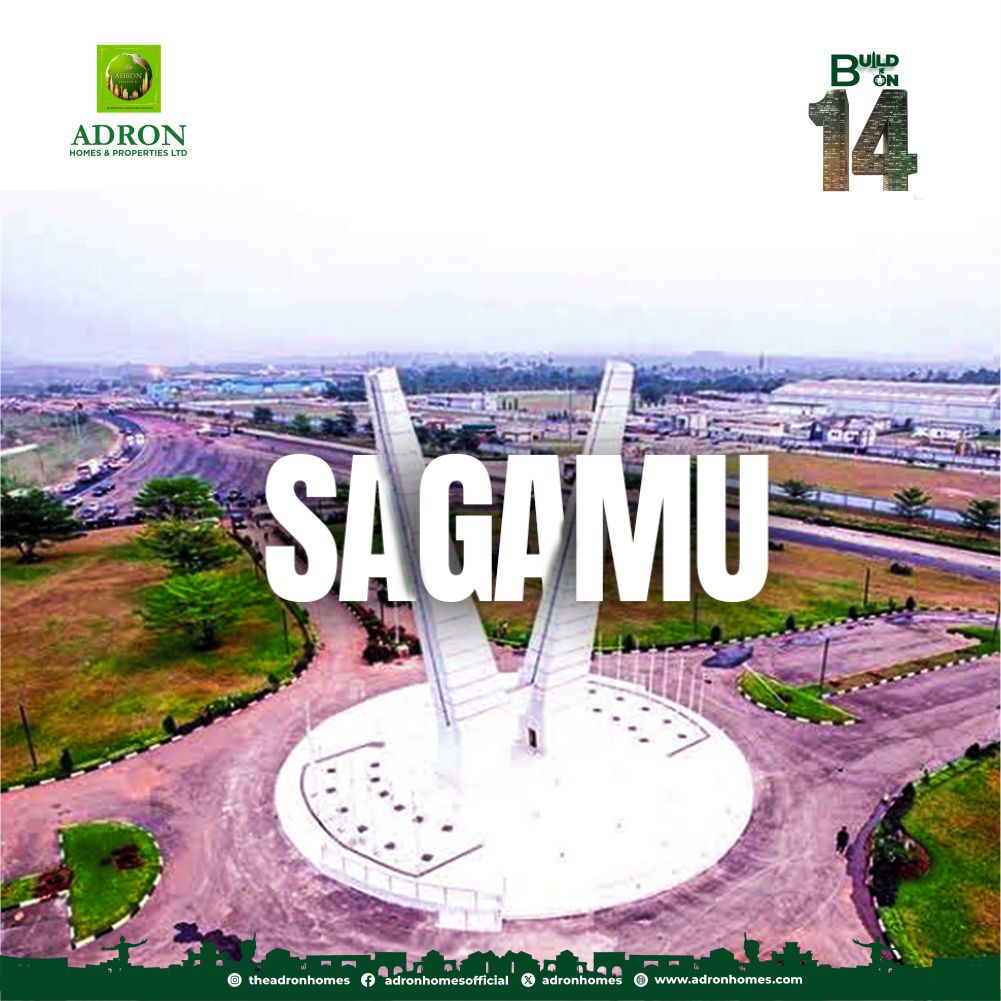
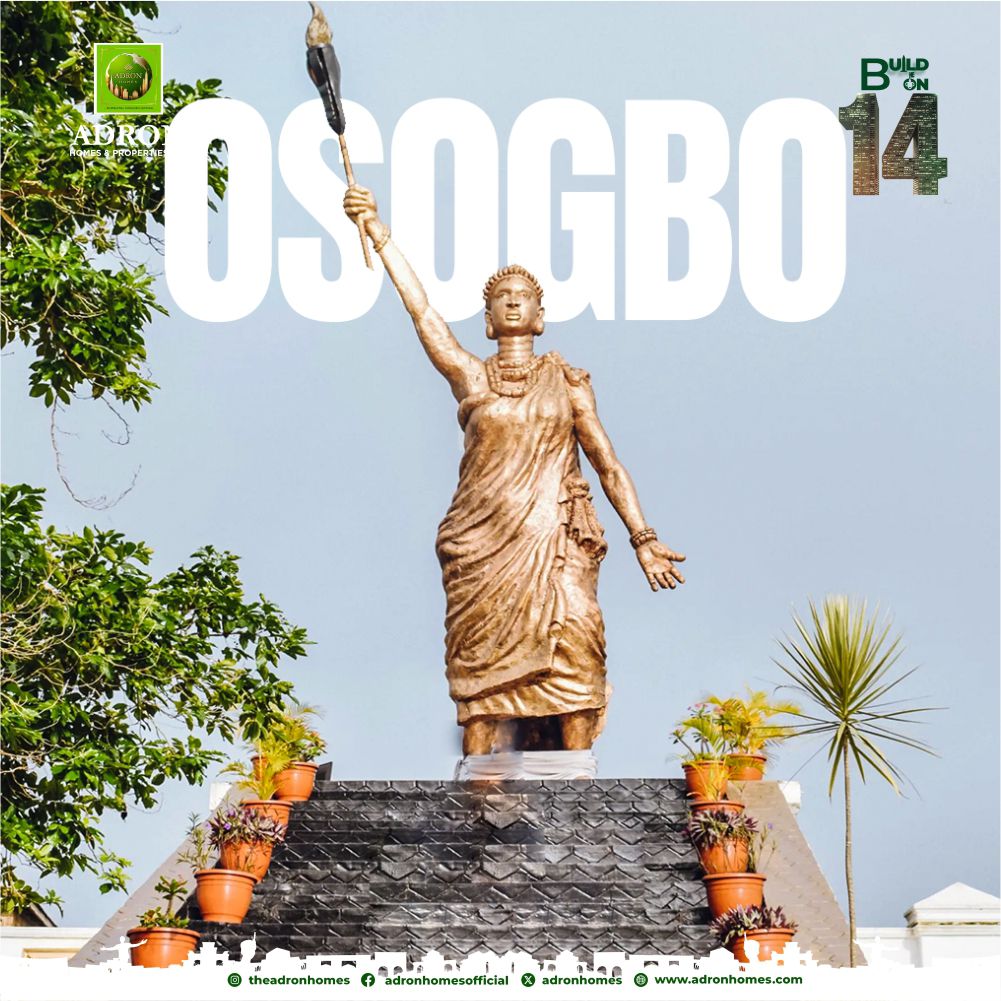
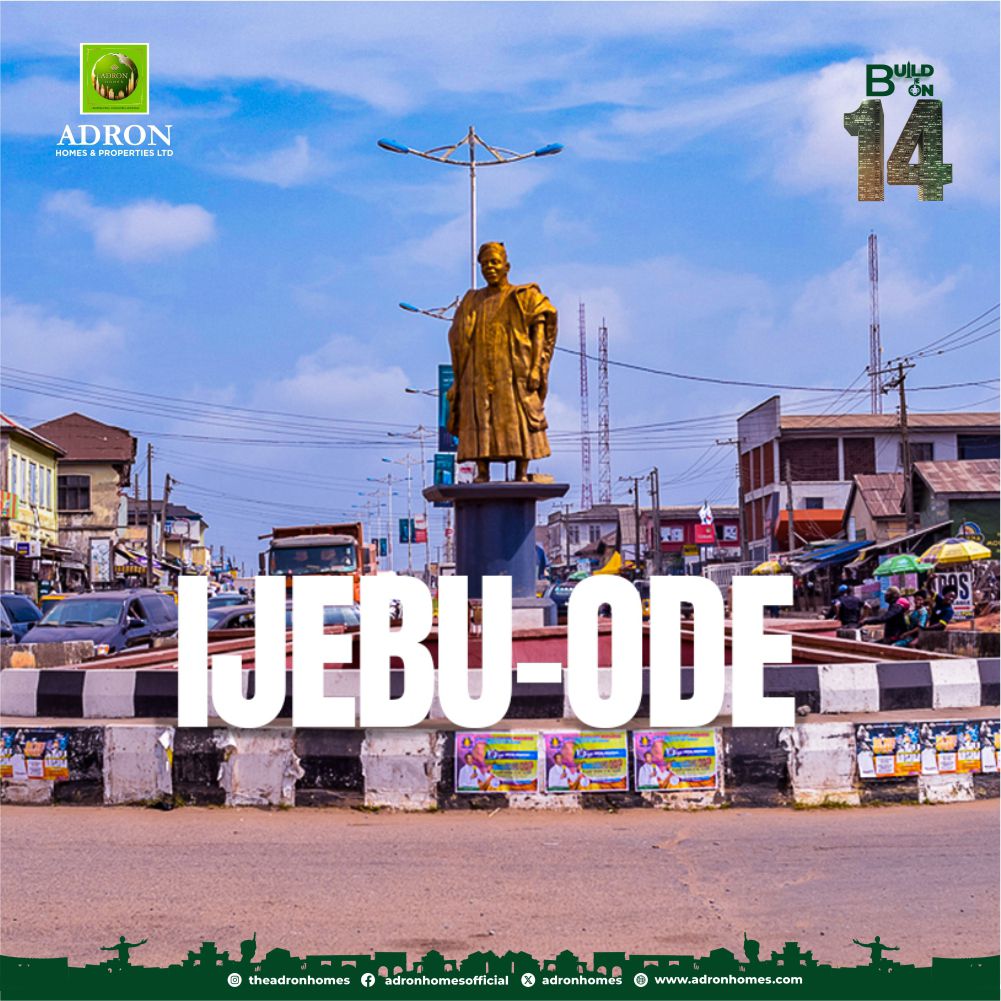

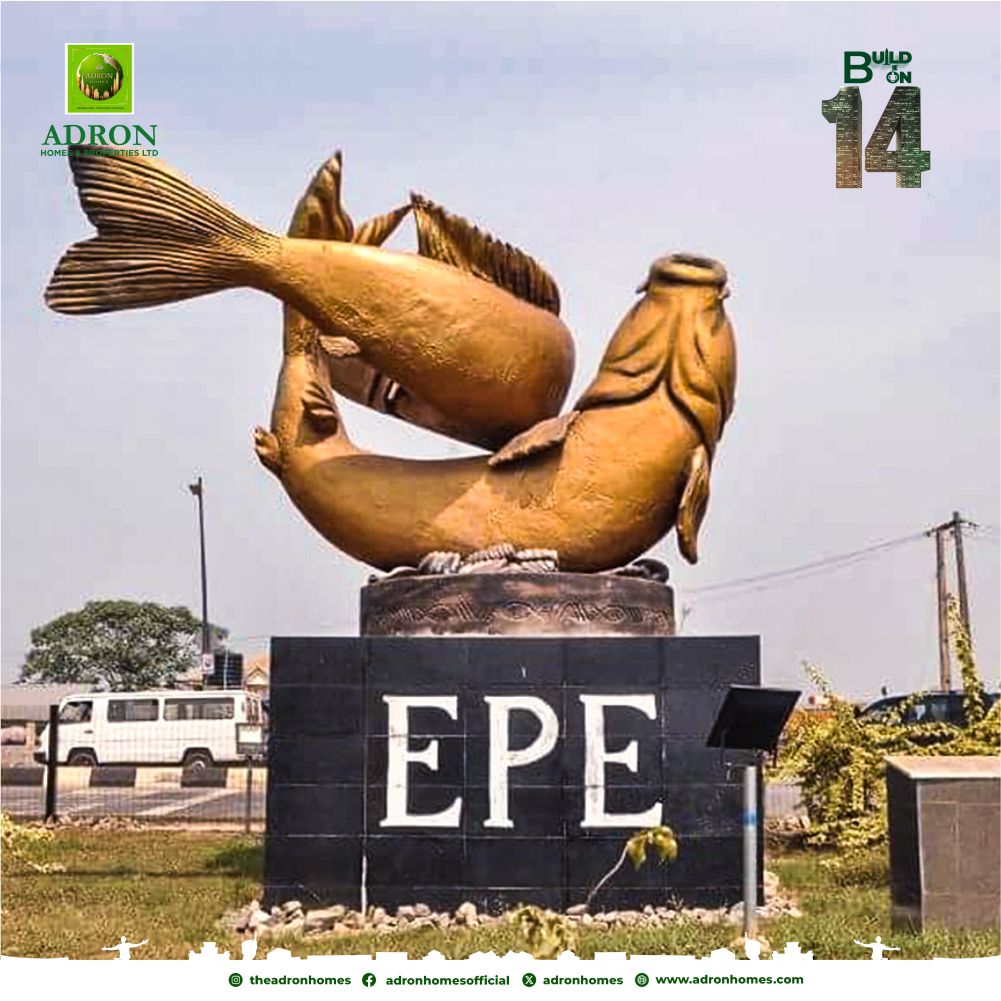
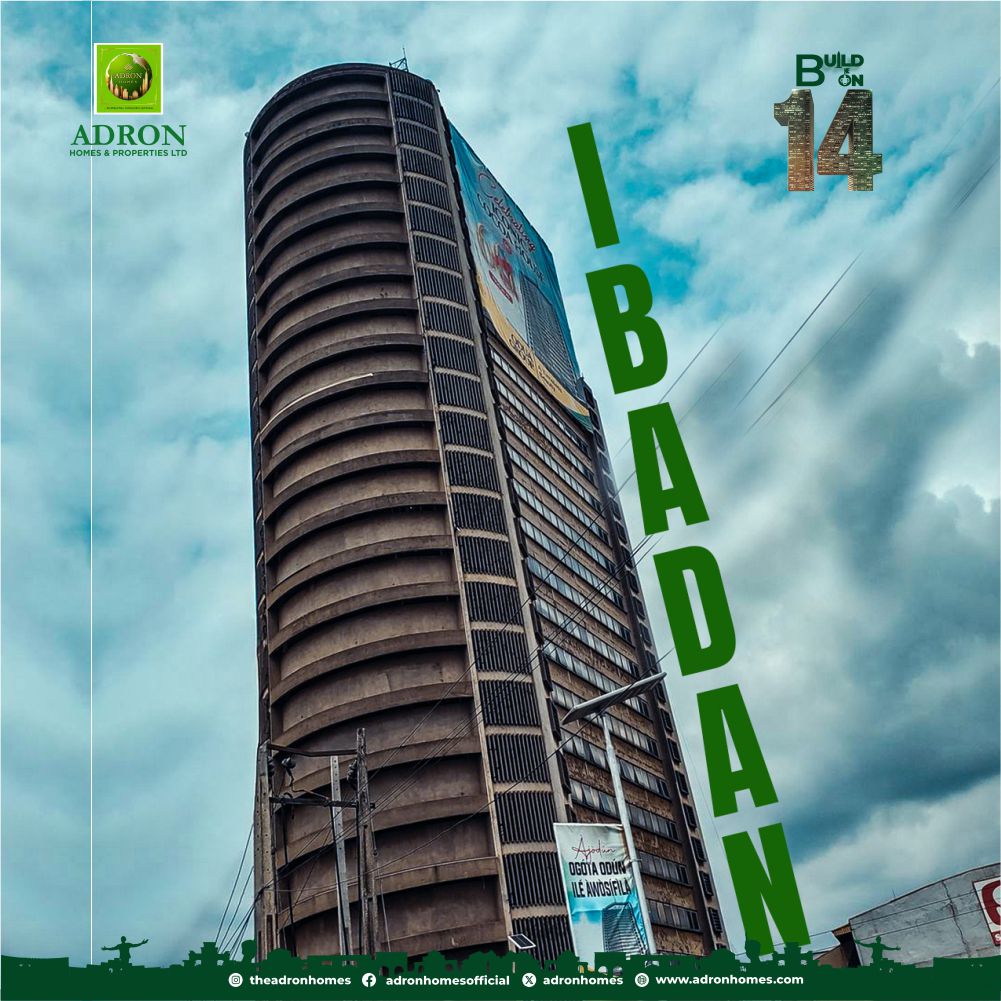

You must be logged in to post a comment Login